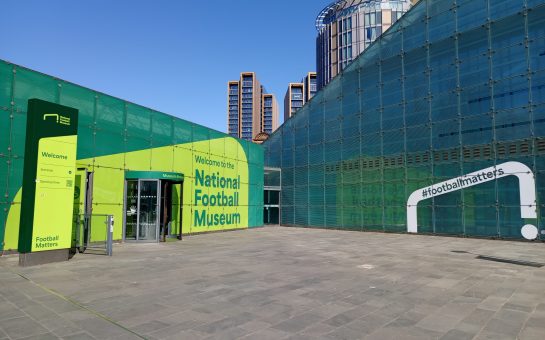David Moyes is not Sir Alex Ferguson. I know that, you know that, he also knows that.
It is a given that for Moyes to have the best possible chance of successfully succeeding Sir Alex, he has to be his own man and create a team under his banner.
Obviously, being constantly compared to one of the most successful British managers of all time is bound to be obstructive, but he can do worse than learn a few lessons from the past.
In the United team that dominated the 90s and early 00s, Roy Keane and Paul Scholes kept the Old Trafford engine room in good working order with an effective partnership of grit and creative wizardry.
They won many a game for United by dominating the crucial midfield battle with a combination of powerful tackling from Keane and Scholes’ unrivalled knack for opening defences and arriving late in the box to add crucial goals.
Skip forward to 2013 and, on paper at least, Moyes seems to have the problem covered. Michael Carrick’s stock has risen dramatically over the last 18 months or so; he has grown into the role of pass-master admirably.
Added to this, new boy Maraoune Fellaini can provide the physicality needed to stay competitive in a league as brutal as the Premier League sometimes is.
All seems well doesn’t it? However, what of Tom Cleverley, the bright young thing tipped to star for England for years?
He started the game against Sunderland and did OK by all accounts, as he often does when he plays, but maybe that is the problem. Just being ‘OK’ every week doesn’t really cut it at the very top level.
The problem with Cleverley is that he has been asked to change his style of play so many times in his short career.
He came to Sir Alex Ferguson’s attention as a tricky winger who had a half-decent cross on him, impressing in loan spells at Watford and Wigan Athletic.
However, he was converted to being a central midfielder as he broke into the United first team, and he has since occupied both the deeper midfield anchor role and the more advanced role just behind the striker.
He might not be good enough to fit any of those roles. He doesn’t seem to have the ability to dictate the tempo of a game like Carrick can, or grab the game by the scruff of the neck like Fellaini is so good at doing.
He has not proved his ability to spot a killer pass and unlock defences, an attribute so crucial in playing the ‘number 10’ role the likes of Arsenal’s Mesut Ozil is so good at.
So here we have a young English player, one that has been identified as crucial to the national team’s future by England boss Roy Hodgson, playing fairly regularly for one of the world’s leading clubs.
This is all well and good, after all we need more home-grown talent playing on this kind of stage, but the question is… does he really belong there?
Image courtesy of MUTV via YouTube, with thanks.
For more on this story and many others, follow Mancunian Matters on Twitter and Facebook.



